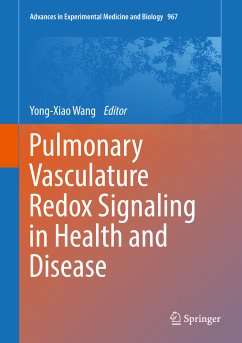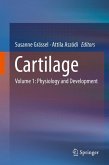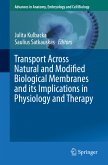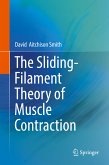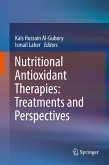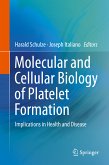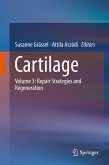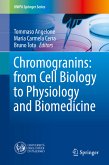The main goal of this book is to form a high-quality platform in which well-known and emerging pioneering basic, translational and clinical scientists can present their latest, exciting findings in the studies of redox signaling in the pulmonary vasculature. Content from outstanding investigators with unique expertise and skills of molecular and cell biology, biochemistry, physiology, pharmacology, biophysics, biotechnology and medicine will update our current out-of-date concepts with new knowledge. Rapidly increasing scientific studies have gathered a large volume of novel and important information on redox signaling in healthy and diseased pulmonary vasculature. This volume covers the need for a cohesive book to display state-of-the-art advances in the field.
The second major aim of this book is to help direct future research. Redox signaling is a major molecular process involved in almost every physiologic cellular response in the pulmonary vasculature including energy metabolism, host defense, gene expression, contraction, proliferation, and migration. Aberrancy in this important signaling pathway leads to a critical role in the development of nearly all pulmonary diseases, such as pulmonary hypertension, cor pulmonale, pulmonary edema, and vasculitis, among others.
Dieser Download kann aus rechtlichen Gründen nur mit Rechnungsadresse in A, B, BG, CY, CZ, D, DK, EW, E, FIN, F, GR, HR, H, IRL, I, LT, L, LR, M, NL, PL, P, R, S, SLO, SK ausgeliefert werden.

